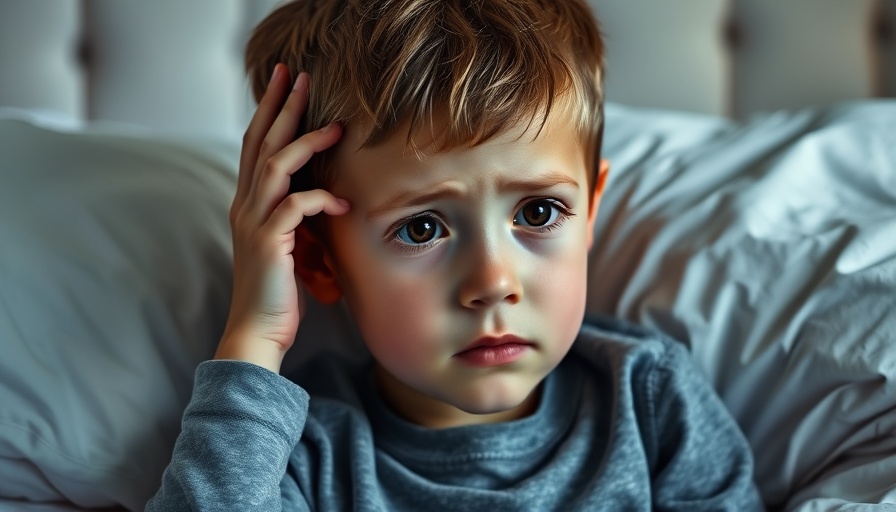
Understanding Child Concussions: A Parent's Guide
As a parent, witnessing your child take a tumble can ignite an immediate sense of concern, especially if it involves a blow to the head. Understanding the implications of such an injury, specifically concussions, is essential for ensuring the safety and health of your child.
What Is a Concussion?
A concussion is classified as a mild traumatic brain injury (TBI) that results from a direct impact to the head, neck, or face. This injury does not always involve a loss of consciousness and its symptoms can manifest immediately or develop over several hours. Often, these symptoms tend to resolve within a short time, making awareness critical.
Identifying Concussion Symptoms in Children
Recognizing the signs of a concussion is crucial for timely intervention. Parents should be vigilant for these symptoms:
- Headaches
- Confusion or disorientation
- Memory difficulties
- A blank stare or stunned appearance
- Inattentiveness or difficulty following directions
- Slowed speech or incoherence
- Dizziness and balance problems
- Vomiting
- Emotional instability, including inappropriate laughter or crying
Awareness of these symptoms can enable prompt action and potentially prevent further injury.
Common Causes of Concussions
While concussions can arise from various incidents, many occur during contact sports. Activities most associated with head injuries include:
- Football
- Ice Hockey
- Soccer
- Lacrosse
- Wrestling
- Basketball
- Rugby
Understanding the predominant risks in sports can help parents make informed decisions regarding their child's participation.
Diagnosis and Treatment: What Parents Should Know
Diagnosing a concussion is typically clinical and based on the patient's history and physical examination. There are no definitive lab tests or imaging studies for diagnosis, so relying on trained healthcare providers is essential.
Following a diagnosis, treatment emphasizes rest and avoiding repeated head impacts. Here are some supportive measures that parents can implement at home:
- Use acetaminophen or ibuprofen for headaches.
- Vitamins, particularly B complex and magnesium, can be beneficial for migraine relief.
- Ensure the child maintains hydration and a balanced diet.
- Prioritize additional rest, allowing ample time and environment for healing.
The Importance of Monitoring and Follow-up Care
Vigilance in monitoring your child's recovery from a concussion is crucial. If symptoms persist or worsen, it’s vital to seek professional medical advice. Additionally, these incidents provide a significant opportunity for parents to educate their children on safety practices to mitigate future risks, especially in physical activities.
Alternative Medicine and Nutritional Support for Recovery
Exploring complementary and alternative medicine can also offer holistic support during recovery. Nutritional supplements, such as herbal remedies, have been suggested to aid in cognitive recovery and enhance overall health. Consulting with a naturopathic doctor could be beneficial to navigate these options safely.
It’s imperative to approach alternative treatments with caution, ensuring they are evidence-based and suitable for your child’s unique health needs. Always discuss any new intervention with a healthcare professional.
Creating a Community of Awareness for Health and Wellness
Parents are encouraged to engage in discussions about concussions within their communities. Health and wellness events, along with educational programs, can play a pivotal role in equipping parents and young athletes with the knowledge they need. Consider participating in community health workshops aimed at promoting safety in sports.
In conclusion, understanding concussions fully has the potential to significantly impact your child's health and future athletic endeavors. By being informed and proactive, parents can provide necessary support and ensure safe recovery for their children in the face of head injuries.
Join local health and wellness events in San Antonio to expand your knowledge and community connection regarding youth health and sports safety.
 Add Row
Add Row  Add
Add 




 Add Row
Add Row  Add
Add 


Write A Comment